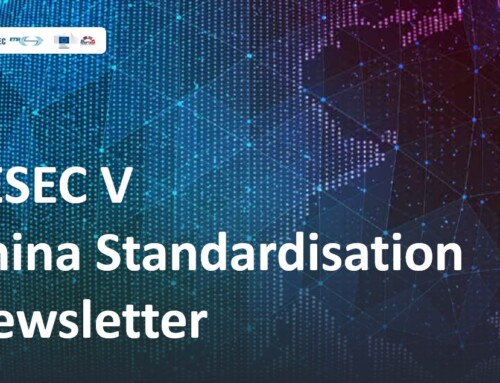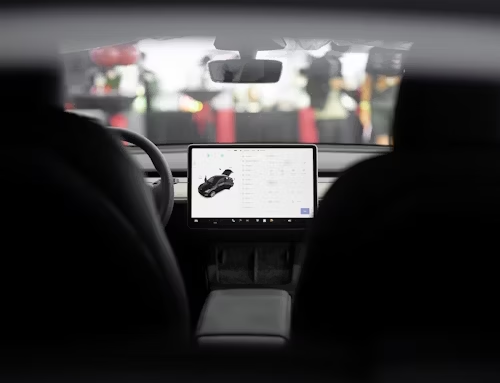On July 7, 2025, the international standard “Road Vehicles — Test Scenario Evaluation and Test Case Generation for Automated Driving Systems”, led by China, was officially published. This is just one example of China’s leading role on international standards in Automotive and Autonomous Driving sectors.
According to China Automotive Technology & Research Center Co., Ltd. (CATARC), China’s international automotive standardization efforts have evolved from merely adopting international standards to actively participating in international standard development and global rule-making.
In recent years, with the deep integration of emerging technologies such as artificial intelligence, big data, and 5G into the automotive industry, and as Chinese automakers accelerate their global expansion—with technology, products, capital, and supply chains going abroad—the demand for standardization in the automotive sector has grown increasingly urgent.
“China’s automotive industry has entered a new development stage, and it is imperative to develop and implement international standards in relevant fields and strengthen international cooperation in standardization,” said An Tiecheng, Party Secretary and Chairman of CATARC.
On one hand, technological advances in fields such as new energy vehicles and intelligent connected vehicles have created opportunities for China to transition from a standard follower to a rule leader. As the boundaries between automotive and related industries blur, product development and launch cycles have shortened, and the pace of innovation has accelerated. Synchronizing technology and standards—or even deploying standards ahead of technologies—is becoming a new development trend.
On the other hand, the deepening of the Belt and Road Initiative (BRI) has created broad space for alignment between Chinese and international automotive standards. In recent years, CATARC has actively built bridges for standard connectivity with BRI countries. For example:
- It established a China-Uzbekistan expert group on electric vehicle standardization and has organized 9 training sessions covering 38 EV standards;
- It supported China in becoming a member of the Moroccan Electric Vehicle Standards Technical Committee, sharing China’s standardization experience;
- It has continuously hosted the “International Young Engineers Exchange Program on Automotive Standardization”, creating a global platform for cultivating young talent in automotive standards.
To date, China has led the release or development of nearly 50 international standards across fields such as electric vehicles, intelligent connected vehicles, and crash safety. It has spearheaded the development of international specifications for vehicle-to-vehicle (V2V) communication, global carbon footprint accounting methods, and contributed to more than 10 international regulations including the Global Technical Regulations (GTR) on Electric Vehicle Safety. The “China Approach” is increasingly serving as a key reference in global technical governance.
CATARC, in partnership with leading industry players, has established the China Automotive Standards Internationalization Center (Geneva)—the first permanent overseas institution dedicated to standardization in China—marking the gradual formation of a robust international platform.
Chairman An emphasized that improving the level of internationalization in automotive standards will help Chinese automakers integrate into the evolving global automotive industry landscape. However, challenges remain: Chinese companies are still in the early stages of exploring overseas markets, and they face compliance risks as well as limited experience and capabilities in leveraging international rules and local resources for standardization work.
To accelerate the development of a standardization system that promotes and supports high-quality global development of the automotive industry, CATARC will focus on its strengths in areas such as new energy vehicles, intelligent connected vehicles, and carbon footprint systems. It aims to deepen technical research, actively participate in international coordination, and enhance China’s contributions globally.
Efforts will be made to:
- Prioritize the development of international standards in intelligent and new energy vehicles;
- Systematically and efficiently promote domestic standard system building;
- Coordinate harmonization with international standards and regulations;
- Engage in international rule-making and commentary on foreign regulations.
China will also fully utilize trade negotiations, bilateral cooperation, and other mechanisms to carry out targeted experience sharing, technical training, and talent exchanges. Focused collaboration will be pursued in key regions and technical areas, such as ASEAN, Central Asia, and Africa, to enhance automotive standard connectivity and support the global expansion of China’s automotive industry.
Chinese source of the article: https://mp.weixin.qq.com/s/91h9jvDuEIrPB4Q47FVHhw




